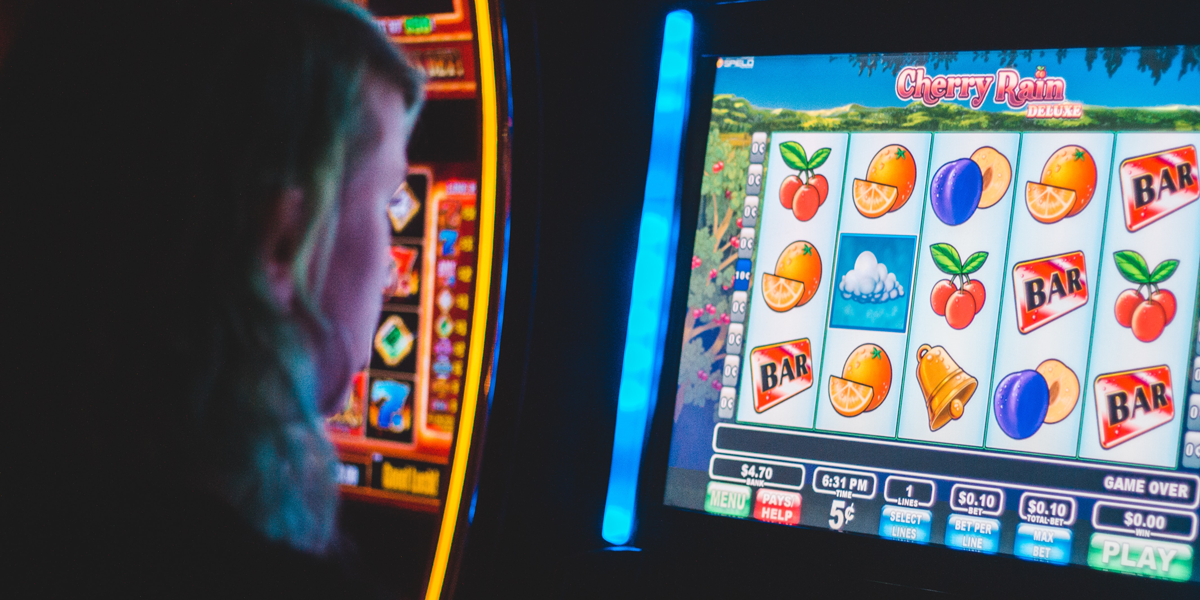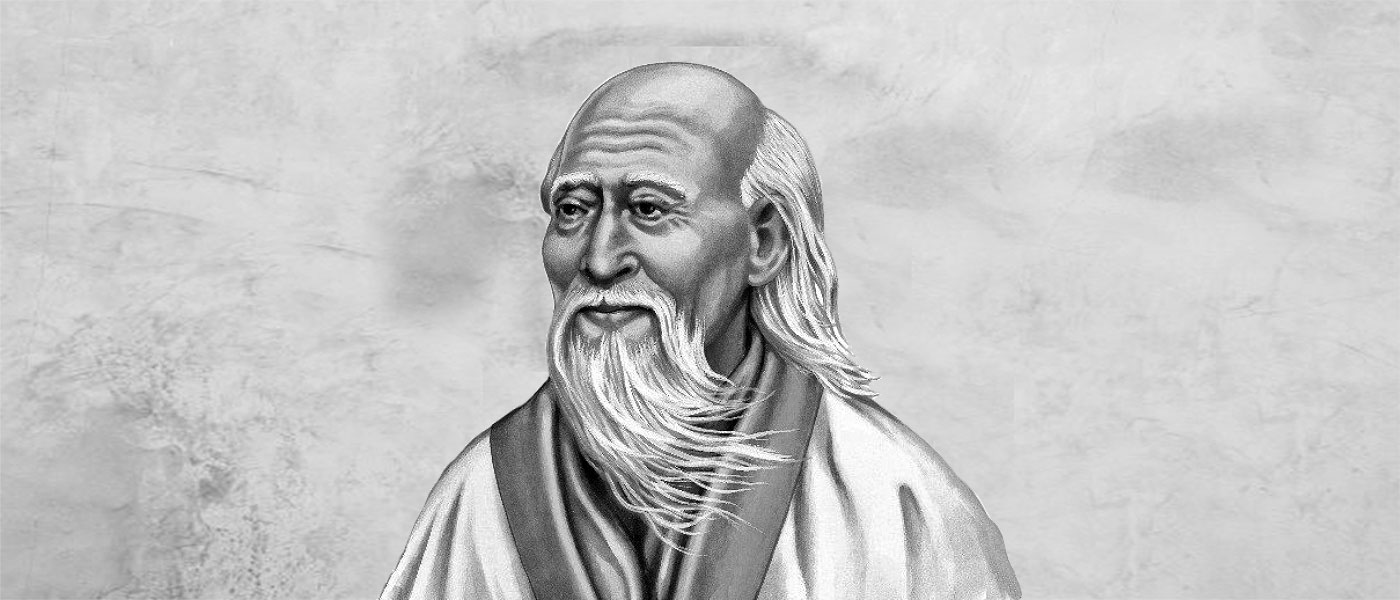
There are ethical ways to live with the thrill of gambling
Opinion + AnalysisBusiness + LeadershipRelationships
BY Simon Longstaff 8 FEB 2023
The fun of betting on uncertain outcomes is not a problem. But addiction, organised crime and ubiquity make excessive gaming a social ill that needs a policy fix.
Debate about the regulation of gambling has intensified to the point where the sound and fury from all sides risks obscuring the central issues that must be addressed. With that in mind, I would like to offer a perspective on how the issue appears when viewed through the lens of ethics – rather than commerce or politics.
The essence of gambling is to take on risk in anticipation of a hoped for (but uncertain) reward. In that sense, pedestrians “gamble” when they try to save time by dodging through traffic rather than walking to a designated crossing. The same goes for those who make an “educated guess” when investing in equities. Like the punter who puts down a “prudent bet” – based on studying the form, visiting the track and so on – an active investor who takes into account “the fundamentals” is gambling.
However, not all forms of gambling are equal. Some are built around systems of probability that are consciously tuned so as to enable “the house” to win more than their customers lose over time. So long as everyone knows this, there is nothing problematic about this form of gambling. It’s perfectly acceptable to choose to spend money on entertainment.
So, if the practice of gambling is so innocuous, why all the fuss?
The answer is to be found in three forms of harm that, although external to the practice of gambling, have become intimately connected to it: addiction, organised crime and ubiquity.
First, the most serious harms caused by gambling are to individuals who become addicted to it. However, it is essential that we note that the “evil” is addiction – not gambling as such. Addiction to work or sex or chocolate is all deeply problematic for those who are afflicted. However, that does not make work, sex or chocolate intrinsically harmful.
Unfortunately, some parts of the gambling industry seek to exploit the addictive tendencies of some people. There are wicked individuals and organisations who seek out means to “hook” people on their gaming product. They do this through conscious design of machines, experiences, incentives … almost anything. There is no “accident” in this. The trap is deliberately set and snares whoever it can catch.
At the lower level of complicity are those who do not design to capture the addict – but rather fail to take adequate steps to protect them from harm.
Let’s avoid ‘wowserism’ of a kind that presents gambling as the problem. It is not.
It is perfectly acceptable to design for fun, excitement, or enjoyment. However, people in the gambling industry have a particular obligation to use all effective means to minimise the risk of harm to those who are susceptible to addiction. Failing to do so leads to tragic outcomes – and there is no way people in the industry can wash their hands of blame for what might reasonably have been prevented, if only a sincere effort had been made to do so. Instead, some try to block reforms, simply to advance their commercial interests.
Second, as law-enforcement agencies have highlighted – again and again – organised crime has got its hooks into the gaming industry. Criminals see their “regulated losses” as an acceptable cost to bear for the convenience of being able to “launder” vast amounts of cash through gambling.
Once again, the “evil” of organised crime is not intrinsic to the practice of gambling. Crime is pernicious wherever it rears its ugly head. It is simply an unfortunate fact of history that, for selfish reasons, criminals have developed a close association with the gaming industry. However, there is nothing necessary about that connection – which can and should be severed.
Finally, there is the problem of “ubiquity”. One of my earliest published articles on this topic noted that while there is nothing intrinsically wrong with, say, church choirs, it would be unspeakably destructive of the common good to place one on every street corner. You can have too much of even the best things (not sure that church choirs count).
Gambling is everwhere! This is especially so now that the “gambling bug” lives inside our phones and other communication devices. I have seen the banking records of a person who, having been driven to an insane level of addiction, lost all the money awarded in a workers’ compensation payment by placing one bet … every six seconds.
The fact that a gaming company allowed this to happen is disgusting. It is almost as bad that we saturate our world with advertising that pretends this is never anything more than “a bit of fun with one’s friends”.
What does all of this mean for the current debate? First, let’s avoid “wowserism” of a kind that presents gambling as the problem. It is not.
However, if we wish to enjoy the fun of ethical gaming we must choose the means, as a society, to eliminate (or at least ameliorate) the evils of addiction, organised crime and ubiquity.
Despite claims to the contrary, the technology required for cashless gaming is already developed. It should be used with default daily betting limits that apply across all forms of gaming – on the track, in casinos, in clubs, online … wherever. And while we’re at it – can we regulate gambling advertising so that it does not invade every aspect of our lives … especially not those of children who are at risk of being convinced that betting on sport is better than playing it.
Some people doubt it is possible to run profitable gaming enterprises without exploiting the deadly trio of addiction, organised crime and ubiquity. I do not agree. Difficult? Yes. Impossible? No. Given that gambling can be a source of innocent joy, I think the effort is worth it.
This article was first published in The Australian Financial Review.
Disclosure: The Ethics Centre works with individuals and organisations committed to improving the ethical dimension of their business, including companies that either directly or incidentally have a connection with gambling.
Ethics in your inbox.
Get the latest inspiration, intelligence, events & more.
By signing up you agree to our privacy policy
You might be interested in…
Opinion + Analysis
Relationships
Paralympian pay vs. Olympian pay
Opinion + Analysis
Relationships
Appreciation or appropriation? The impacts of stealing culture
Big thinker
Relationships
Big Thinkers: Laozi and Zhuangzi
WATCH
Relationships




